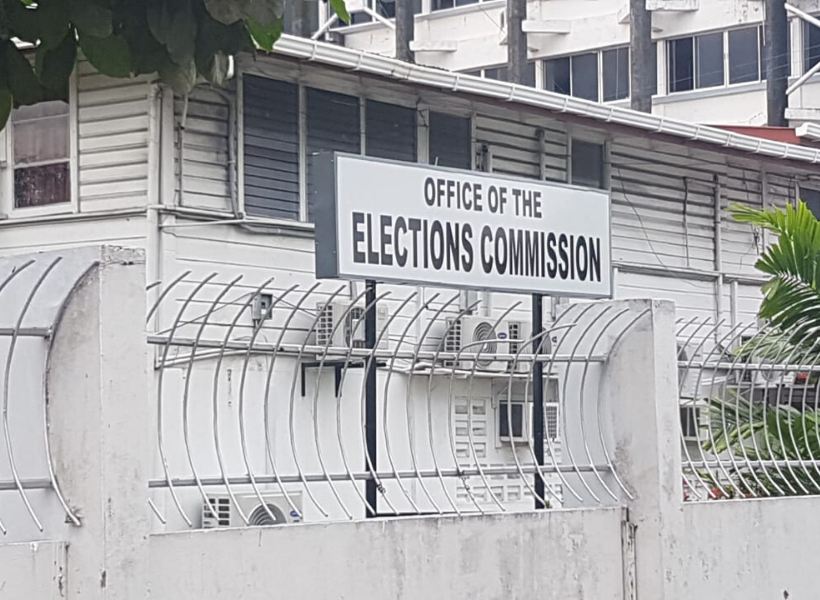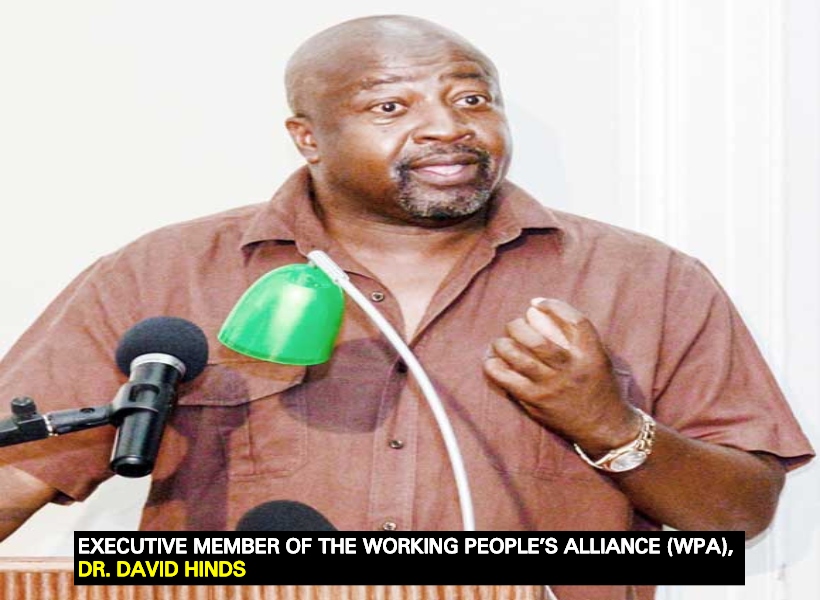During his four-plus years in office, President David Granger has managed to skillfully keep power at the Cabinet level. According to political activist Dr David Hinds, this is a practice that saw many members of Cabinet being disloyal to their parties. He said that this ultimately resulted in one marginalised voice, belonging to former Alliance For Change (AFC) member Charrandass Persaud, helping the Parliamentary Opposition to successfully pass the December 21, 2018 no-confidence motion.
Taking this into consideration, Hinds, who is also an Executive Member of the Working People’s Alliance (WPA), told the Guyana Standard that the APNU+AFC could risk having another Persaud on its hand if its approach to the centralisation of power does not change.
Dr Hinds said, “If you are not at the Cabinet level, you have no say in what is going on and so what that meant was that most times ministers in Cabinet were not acting as delegates of their parties but autonomous from their parties. I can tell you that in our case, the former Public Service Minister Dr Rupert Roopnaraine, who is our representative, opted to have Cabinet solidarity. We were not included in the process.”
The WPA Member added, “Our member was loyal to Cabinet and not to the party. And the AFC suffered from that too, which is what drove Charrandass in the other direction.”
The University Associate Professor said that any coalition party with a one-seat majority has to engage all members; that is, both cabinet and non-cabinet members, parliamentarians and non-parliamentarians, must be engaged. Dr Hinds said that the centralisation of power at the Cabinet-level resulting in the exclusion of others is dangerous.
“And if they [the government] fail to correct it then they will end up with another Charrandass,” Dr Hinds added.
Furthermore, Dr Hinds said that he is hopeful that the APNU+AFC will win the next elections but he does not see that happening with more than a two-seat majority.
“And then we will be back to square one, that is, the same configuration. Therefore, this centralisation of power at Cabinet has to change. They have to change this model next time around,” the political activist concluded.











